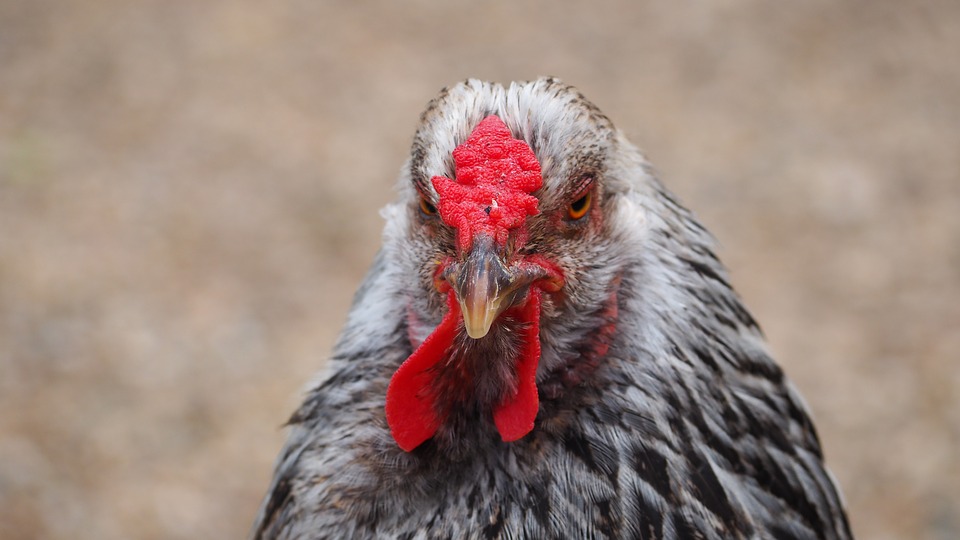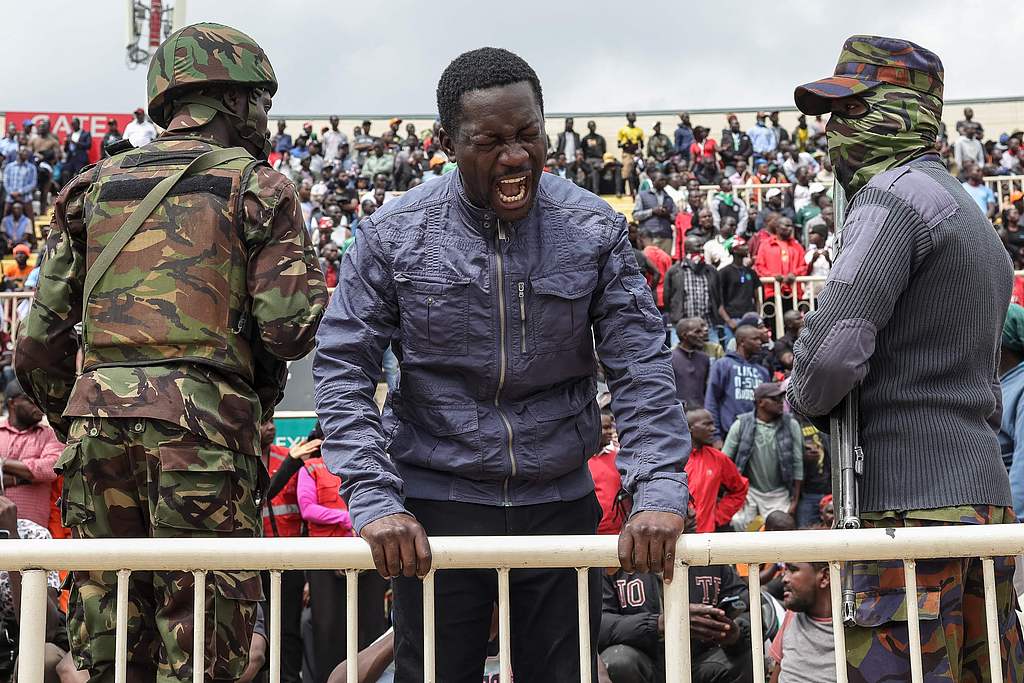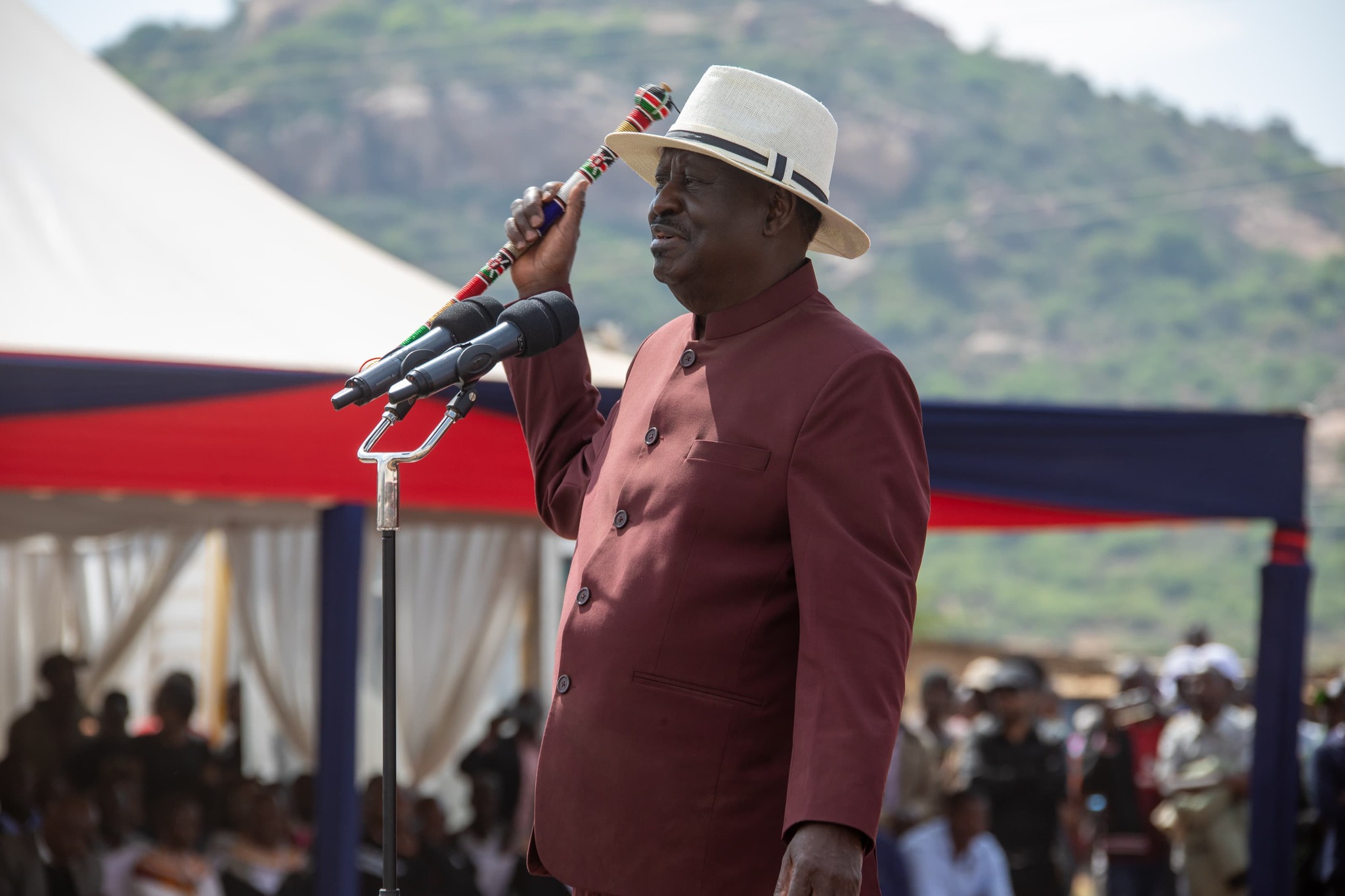
Togo reports H5N1 bird flu in southern part of the country: OIE

Togo has reported an outbreak of highly pathogenic H5N1 bird flu at a poultry farm in the southern part of the country, the Paris-based World Organisation for Animal Health (OIE) said on Monday, citing a report from the Togolese farm ministry.
The virus was detected on a farm of 35,000 laying hens, located in the Maritime Region, the ministry said in the statement. It had infected 3,600 birds and killed 152 of them, it said (Reuters).
Bird Flu in Africa
On Tuesday the South Africa Poultry Association warned that all types of chicken were at risk of contracting bird flu – whether they are free range, hardbody, or a conventional live chicken.
The sale of live chickens has been banned to curb the spread of the virus and has nothing to do with preventing illness in humans, according to the CEO Kevin Lovell.
“Though all chickens are susceptible to the disease‚ the bird flu is an animal health problem and not a human health one. The specific version of the flu discovered in South Africa is not harmful to human health‚ but poses a great threat to the poultry industry as the ones infected must be culled if they have not died from the disease already‚” he told Times.
In light of this, Lovell reassured many that it was safe for people to continue buying chickens, as regulations had been put in place to oversee the distribution of live chickens, which would ensure that no infected stock would fall on the market.
“As for chickens that are already processed‚ no need to worry about them as they are tested before packaged‚ it’s the standard‚” he added.
Professor Celia Abolnik‚ head of the Poultry Health and Production Research Chair at the University of Pretoria‚ echoed Lovell’s warning.
A number of regulations have been set out to try and curb the spread of the disease:
• Live chicken sellers‚ including commercial farmers‚ and traders must register with the Poultry Disease Management Agency (PDMA).
• Only registered traders are allowed to trade. It is the responsibility of the seller and buyer to ensure that their counterpart is registered.
• Farmers may only sell live chickens certified as healthy by a veterinarian or animal health technician.
• Traders may only sell healthy chickens and must keep records as prescribed.
• Sellers and buyers registering with PDMA would have to sign an undertaking to adhere to the required control measures. The avian influenza outbreak in some parts of South Africa‚ like Mpumalanga and the Free State‚ has resulted in Zimbabwe banning chicken imports from the country.






